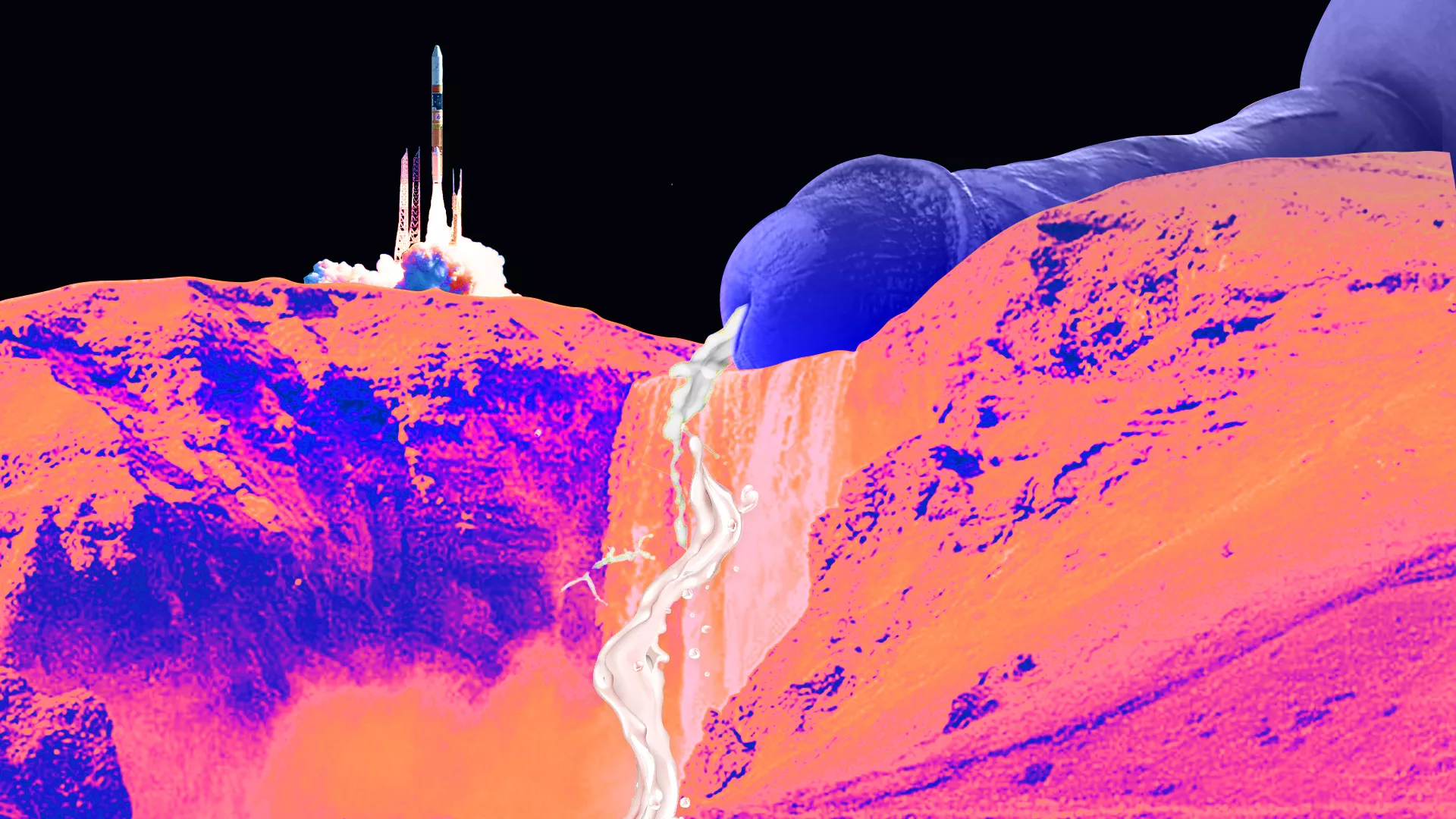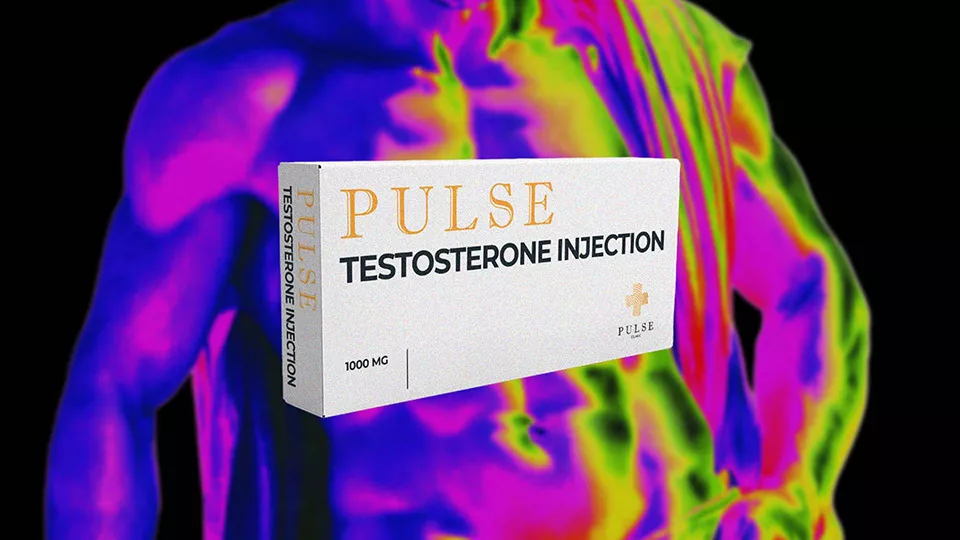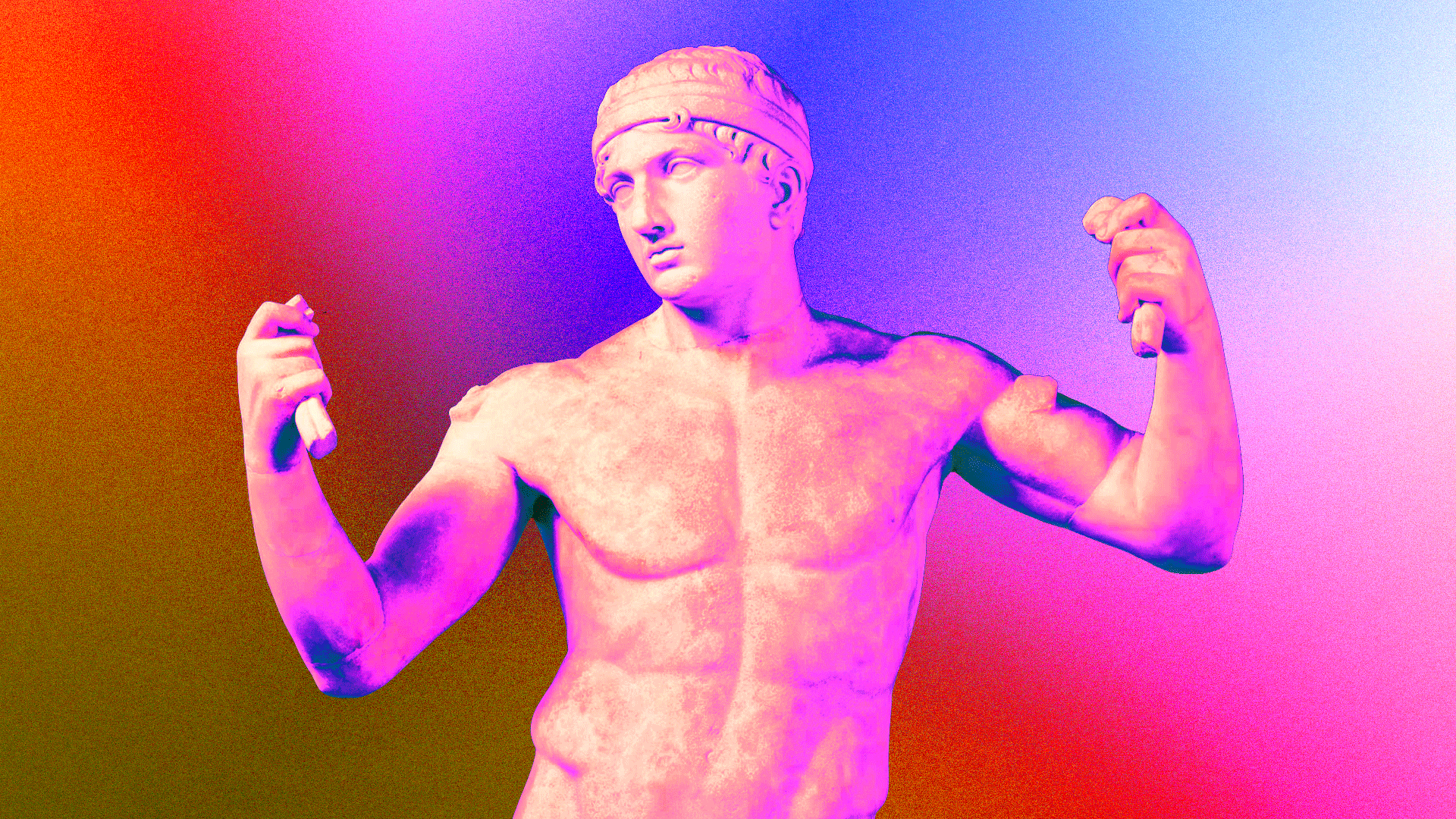Andropause and Erectile Dysfunction
Andropause, also known as male menopause or late-onset hypogonadism, is a term used to describe age-related changes in male hormone levels, particularly testosterone. It is not as well-defined or as universally experienced as menopause in women, but some men do experience a decline in testosterone levels as they age. This decline can lead to various physical and psychological symptoms, including erectile dysfunction (ED).
Erectile dysfunction is the inability to achieve or maintain an erection sufficient for sexual intercourse. While it can occur at any age, it becomes more common as men age. Several factors contribute to the link between andropause and erectile dysfunction:
- Testosterone Decline: As men age, their testosterone levels typically decrease. Testosterone plays a crucial role in maintaining libido and sexual function. A drop in testosterone levels can contribute to a reduced interest in sex and difficulty achieving or sustaining an erection.
- Vascular Changes: Aging can lead to changes in blood vessels and blood flow. Conditions like atherosclerosis, the hardening and narrowing of arteries, can reduce blood flow to the penis, making it harder to achieve an erection. Shockwave Therapy for erectile dysfunction helps repair the blood vessels in the penis.
- Psychological Factors: The psychological impact of andropause, such as mood swings, depression, and anxiety, can also contribute to erectile dysfunction. These emotional factors can lead to performance anxiety or a reduced interest in sexual activity.
- Lifestyle Factors: Aging often coincides with lifestyle changes, such as reduced physical activity, poor diet, and increased stress, all contributing to erectile dysfunction.
It's important to note that not all men will experience erectile dysfunction during andropause, and those who do may have varying degrees of severity. If you or someone you know is experiencing ED during andropause, it's essential to consult a healthcare professional. ED treatment options can include lifestyle changes, counselling, medications, or hormone replacement therapy (HRT) in cases where low testosterone levels are a contributing factor. The appropriate treatment will depend on the underlying causes and individual health circumstances.
Is Testosterone replacement therapy right for me?
Testosterone replacement therapy is prescribed to bring testosterone levels back to normal and correct symptoms of androgen deficiency.
Testosterone replacement triggers secondary sexual characteristics, enhances libido and sexual activity, and boosts lean muscle mass, haemoglobin, hematocrit, and bone mineral density while reducing fat mass.
However, the proven benefits of testosterone replacement therapy are limited to men with documented symptomatic androgen deficiency, where testosterone levels fall significantly below the lower normal range.
Testosterone comes in various formulations with different pharmacokinetics. It's essential to consider whether the chosen formulation can achieve appropriate levels of estradiol and dihydrotestosterone (DHT) and normal testosterone levels since testosterone is converted to these hormones. The current recommendation is to restore testosterone levels to the mid-normal range to avoid unnecessary side effects, which can be dangerous if not careful.
What are the types of testosterone replacement available?
Individuals who have medical conditions linked to low testosterone levels may choose to undergo testosterone supplementation. They might utilize testosterone for men's health and employ it as a harm-reduction measure when monitoring anabolic steroids.
All of these options are readily available at our clinic:
- Nebido
- Testosterone Enanthate
- Testosterone Cypionate
- Androgel
You have a range of choices for testosterone supplementation to address your specific needs and preferences.













